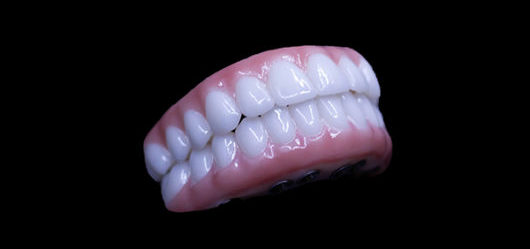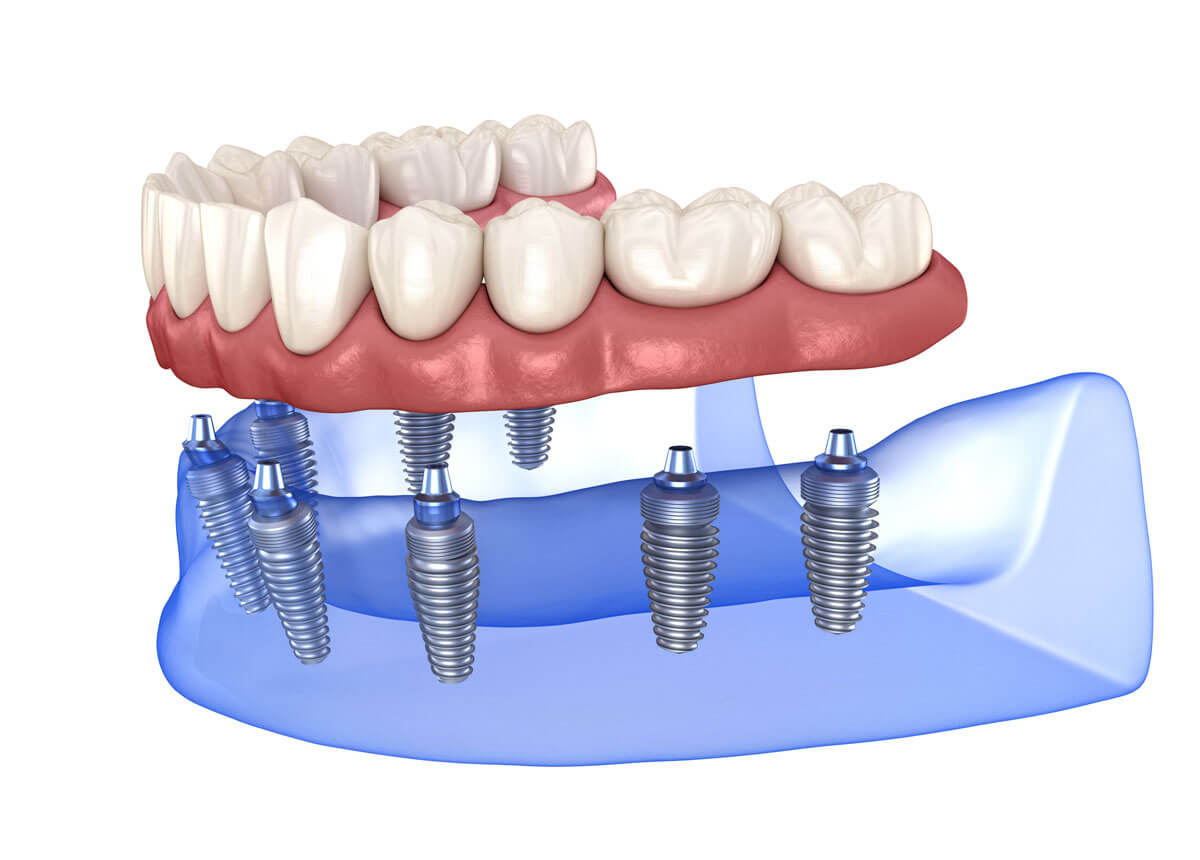Examine This Report on Dental Sense
All About Dental Sense
Table of ContentsThe Ultimate Guide To Dental SenseDental Sense Can Be Fun For AnyoneHow Dental Sense can Save You Time, Stress, and Money.Not known Facts About Dental Sense
are clinical gadgets operatively implanted into the jaw to restore a person's capacity to chew or their appearance. They give support for fabricated (fake) teeth, such as crowns, bridges, or dentures. When a tooth is shed because of injury or illness, a person can experience difficulties such as rapid bone loss, malfunctioning speech, or modifications to eating patterns that lead to pain.Oral dental implant systems consist of an oral implant body and oral implant abutment and might additionally include an abutment fixation screw. Kids dental. The oral implant body is operatively inserted in the jawbone instead of the tooth's root. The oral implant joint is generally attached to the implant body by the abutment addiction screw and expands with gums right into the mouth to sustain the attached fabricated teeth
(https://www.domestika.org/en/dentalsense1)Framework of The Oral Implant System choosing oral implants, talk with your oral copyright regarding the prospective advantages and threats, and whether you are a prospect for the procedure. Things to take into consideration: Your general wellness is a crucial consider identifying whether you are an excellent prospect for dental implants, the length of time it will take to heal, and how much time the dental implant may remain in area.
Smoking cigarettes may impact the recovery procedure and decrease the long-lasting success of the dental implant. The healing procedure for the dental implant body may take numerous months or longer, during which time you generally have a short-lived joint instead of the tooth. the oral implant treatment: Very carefully follow the oral health guidelines given to you by your oral copyright.
An Unbiased View of Dental Sense
Implant failure can lead to the demand for an additional surgery to fix or change the dental implant system. Restores the ability to eat Recovers cosmetic look Aids maintain the jawbone from shrinking due to bone loss Maintains the health and wellness of the bordering bone and periodontals Aids maintain surrounding (neighboring) teeth secure Enhances top quality of life Damage to bordering natural teeth throughout dental implant positioning Injury to the surrounding tissues throughout surgical procedure, such as sinus perforation Injury throughout surgical procedure (for instance, crack of bordering jawbone) Poor function, such as feeling like the teeth do not attack together typically A feeling that the tooth hangs or twisting in position resulting from an abutment screw loosening up Implant body failure (looseness of the dental implant body) due to systemic infection, which may be most likely in clients with unchecked diabetes mellitus due to regional infection in bone and periodontals supporting the dental implant body because of delayed healing, which may be most likely in people who smoke Difficulty cleansing the gum tissues around the dental implant, leading to bad dental hygiene Untreated periodontal condition Post-surgical tingling due to nerve impingement or damages Constantly alert healthcare suppliers and imaging service technicians that you have dental implants before any type of magnetic vibration imaging (MRI) or x-ray treatments.
FDA is not knowledgeable about any type of damaging events reported for MRI or x-ray procedures with dental implants. Dental implants systems are usually made from materials that comply with international agreement requirements of the International Organization for Standardization (ISO) or ASTM International. These criteria have details of what makes a secure product.

A dental implant is a structure that replaces a missing tooth. With screw-like devices, the surgeon inserts an implant into the jawbone, and it acts as a support for a man-made tooth, called a crown.
Some Ideas on Dental Sense You Need To Know
Some people are not qualified for dental implant surgery. It is for oral specialists to run on individuals with: acute illnessuncontrollable metabolic diseasebone or soft cells condition or infectionIf these problems are solved, an individual can have the surgery. In, dental surgeons avoid operating on individuals with: If individuals with any of the above go through oral implant surgical treatment, there is a higher risk of the implant falling short.

Dental dental implant surgery is a personalized procedure. It's not the same for everybody. But the following offers a general review of what you can expect your dental professional, oral surgeon, periodontist or prosthodontist to do: Put the dental implant operatively. Give you time to websites recover. Affix the message and final crown, bridge or denture.
Next, your specialist will very carefully put the oral implant into your jaw. Finally, your specialist will certainly rearrange your gums and shut the cut with stitches. If your implant is near the front of your mouth, your dental practitioner will certainly make a short-lived tooth for you to use until you heal. That way, you won't have a gap in your smile while you recuperate.
An Unbiased View of Dental Sense
Your provider can inform you what to anticipate in your situation. Throughout the recovery phase, your jawbone ought to fuse to the dental implant. This process, called osseointegration, is critical for security and long-term success. This process can take anywhere from three to nine months. In many cases, it may take much longer.
When your implant heals, your dental practitioner can affix the joint (tiny connector article) and your final remediation (crown, bridge or denture). This usually takes concerning one hour to complete and may require a 2nd small surgical procedure. You shouldn't really feel any type of pain throughout your dental implant procedure because your provider will make use of medicine to numb your gums.